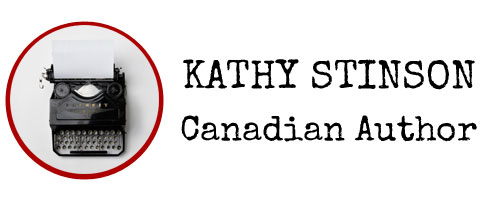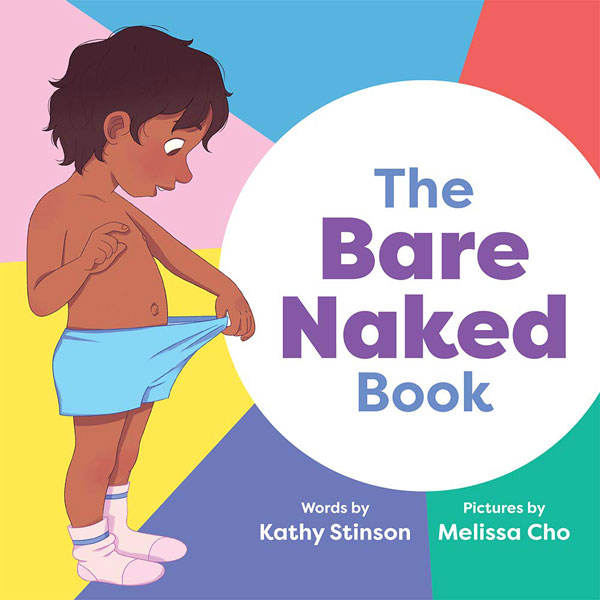How To Write
 I keep a file I call “Random Thoughts” alongside any writing project I’m working on, especially if it’s a long one. In “Random Thoughts” is where I write about issues I’m sorting out: whose point of view is best for this story or scene? what might this character do next? is this action in keeping with who this character seems to be? I also make notes in “Random Thoughts” about decisions I’ve made and about how I plan to proceed when I return to a project, if I’m anticipating a lengthy interruption while I do some editing work or school visits.
I keep a file I call “Random Thoughts” alongside any writing project I’m working on, especially if it’s a long one. In “Random Thoughts” is where I write about issues I’m sorting out: whose point of view is best for this story or scene? what might this character do next? is this action in keeping with who this character seems to be? I also make notes in “Random Thoughts” about decisions I’ve made and about how I plan to proceed when I return to a project, if I’m anticipating a lengthy interruption while I do some editing work or school visits.
With recent projects — a collection of linked stories and a short novel based on one of the characters from that collection — it seems I need to refer back to “Random Thoughts” more often than I used to. I find myself checking back and forth between stories or chapters more often, too, to make sure I’m being consistent about things like plot points and timelines. After numerous drafts and changes to a manuscript, I just can’t remember: Was Rona in the hospital waiting room in the summer, soon after the fire, or closer to Hallowe’en? Is the reason Ty has no parents the same here as it was sixty pages ago?
Browsing Facebook or Twitter recently, I happened across a study, one little part of which suggests that our ability to understand and to retain what we read is better if we’re reading a book or an article on paper than it is if we’re reading it on a screen. As it happens, I rarely print my works-in-progress anymore; I work almost exclusively on screen. And I began to wonder: Could this (and not incipient dementia, as I sometimes fear) be the reason I’m not remembering what I write as well as (I think) I used to?
When did I stop doing revisions on a printed copy of a manuscript and then transfer my changes to computer? And when did the trouble I have retaining details of what I’m working on begin? Is there a connection?
This week I expect to finish the first draft of the novel I’m working on. I may just have to lay in a good supply of ink and paper and test out this theory as I undertake revisions. Working this way will mean being less environmentally responsible, and scribbles that will be harder to read than changes made on screen would be. But if the work I do actually sticks in my brain, it may be worth it. I may just have to go back to my old way of working — maybe even all the way back to writing longhand in the first place before heading to the computer. (But that’s a whole other study.)
How do you write and revise your work? Have you found any connection between how you work and how well you remember the work you’ve done? Or (gasp) the quality of the work you do?
Share this post:
Kathy Stinson is the author of the classic Red Is Best and the award-winning The Man with the Violin. Her wide range of titles includes picture books, non-fiction, young adult fiction, historical fiction, horror, biography, series books, and short stories. She has met with her readers in every province and territory of Canada, in the United States, Britain, Liberia, and Korea. She lives in a small town in Ontario.








Although I don't think it applies to the type of writing I do as a business blogger, I do find it very interesting. I once wrote an article in longhand when I had to work out of my office one day before I had a laptop (so it would have been before 2007) and I still think it was one of my best.
I don't think it's as challenging to keep track of what you've written when it's only 500-1000 words, versus a few hundred pages.
Here is the article I was referring to.
I don't know why these theories wouldn't apply to business blogging, Janet.
What I don't understand is why — if we think there's a difference or even believe there might be — we carry on at our keyboards. I don't think I've written anything by hand in years, apart from a grocery list or a quick note to the dog-sitter.
Btw, which article was it that you wrote longhand? Is it something I could find online? It would be fun to see if I could detect a difference between that one and your more recent writing.
True enough, Janet – about it being less challenging to keep track of something short. For now, anyway. 🙂
Thanks for sending the two links. I will be interested to see if the tone as well as the content of the article changed when you updated it, especially since I suspect you likely didn't do the updating by hand.
Your suspicions are correct!
It's a great article both ways, Janet – as originally written and revised. Tone friendly and upbeat in both, with helpful headings and interesting additions to last year's version.
I actually think you manage to be all those things in the posts you compose on computer too, so I wonder if it just a coincidence that the article you happened to write by hand is one of your favourites. Maybe Delegating would be a fave subject for you whichever way you wrote about it.
In any case, thanks for engaging in this discussion.
I suspect it was more the way I wrote it, combining research with my own thoughts. Often I just write from my head without doing supplementary research.
I can see that being a satisfying combination. Happy writing!